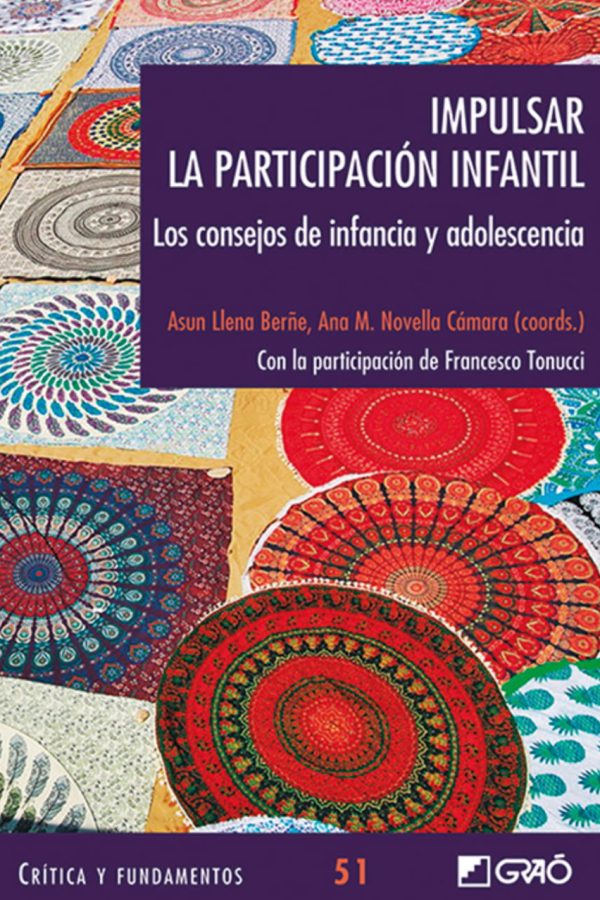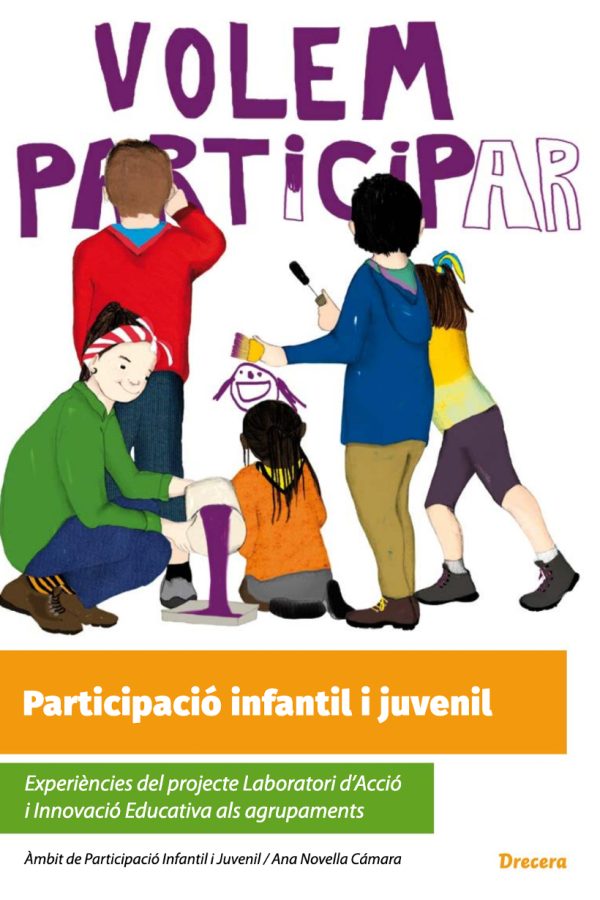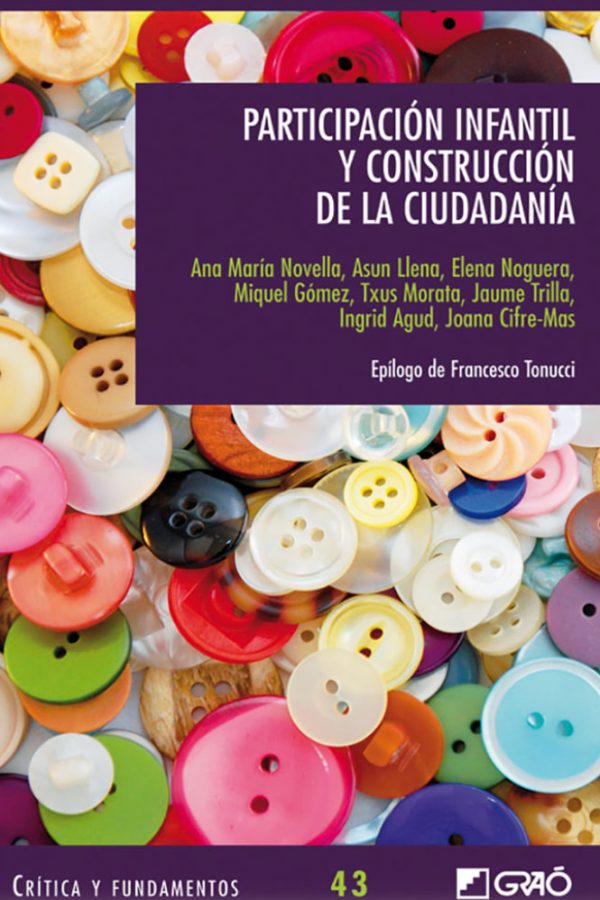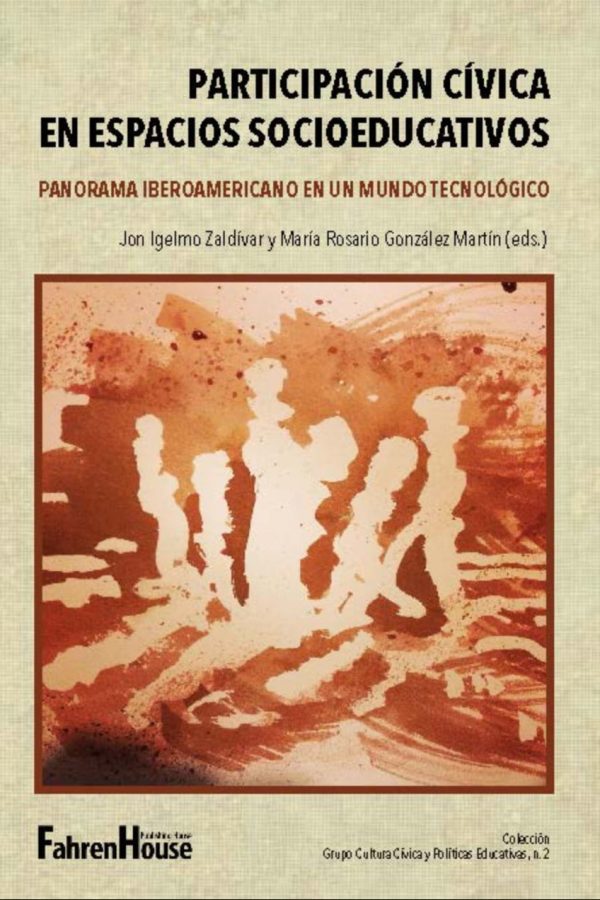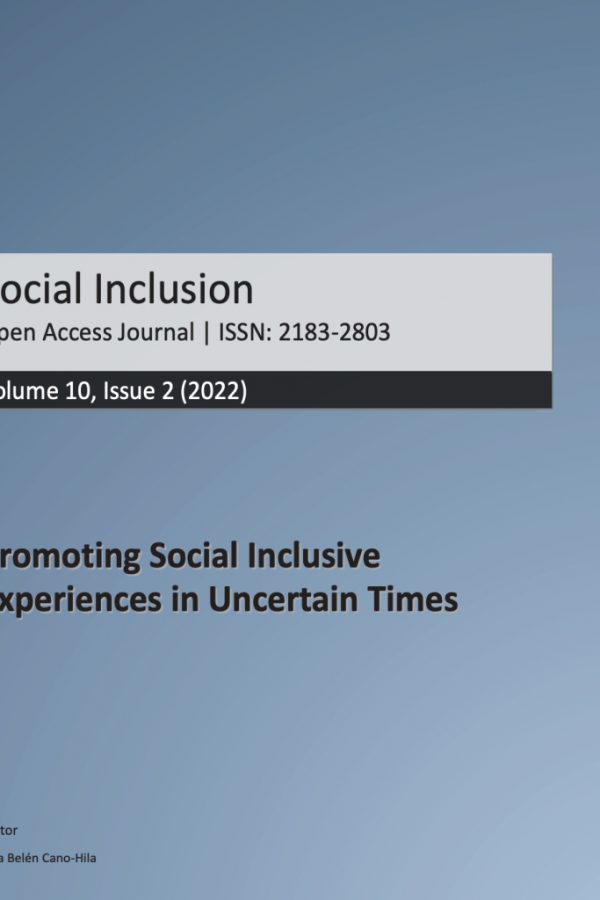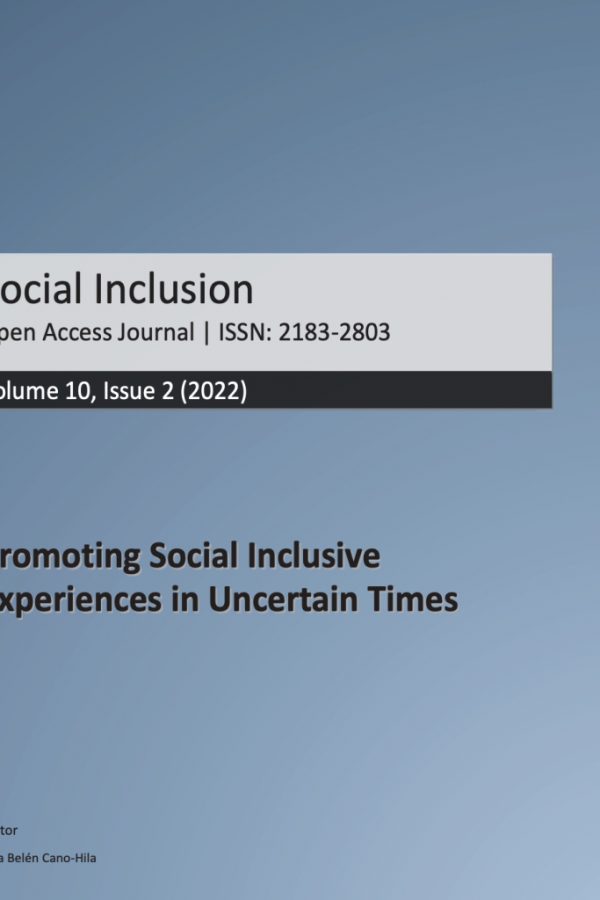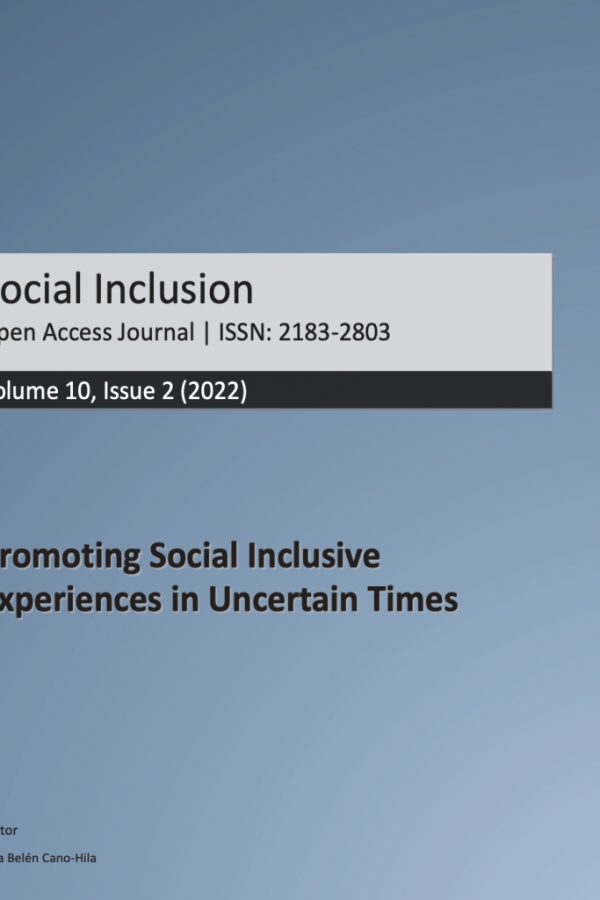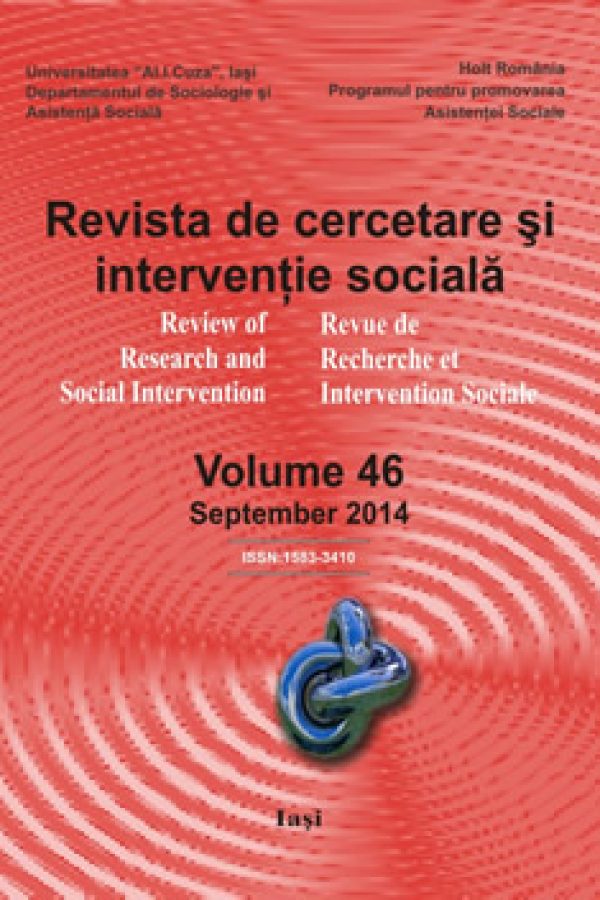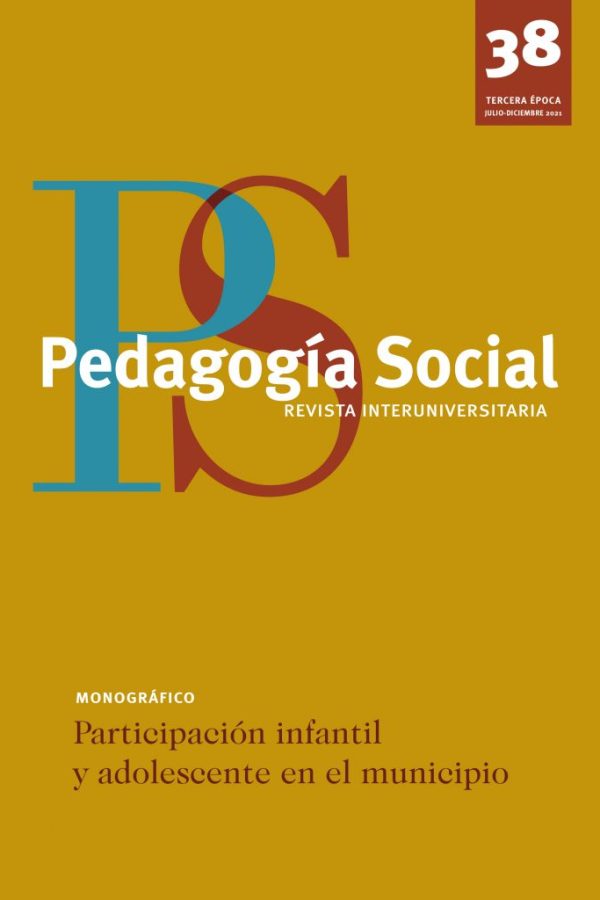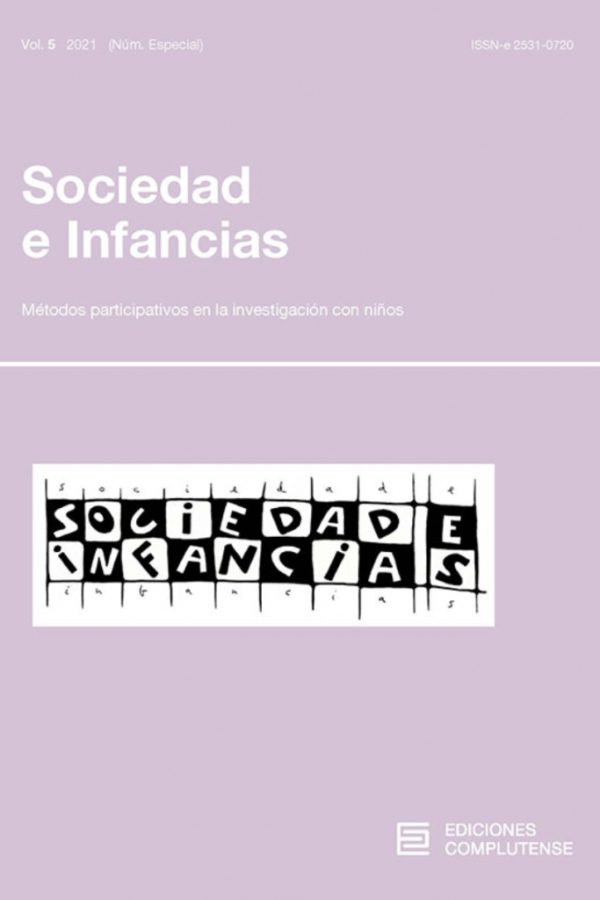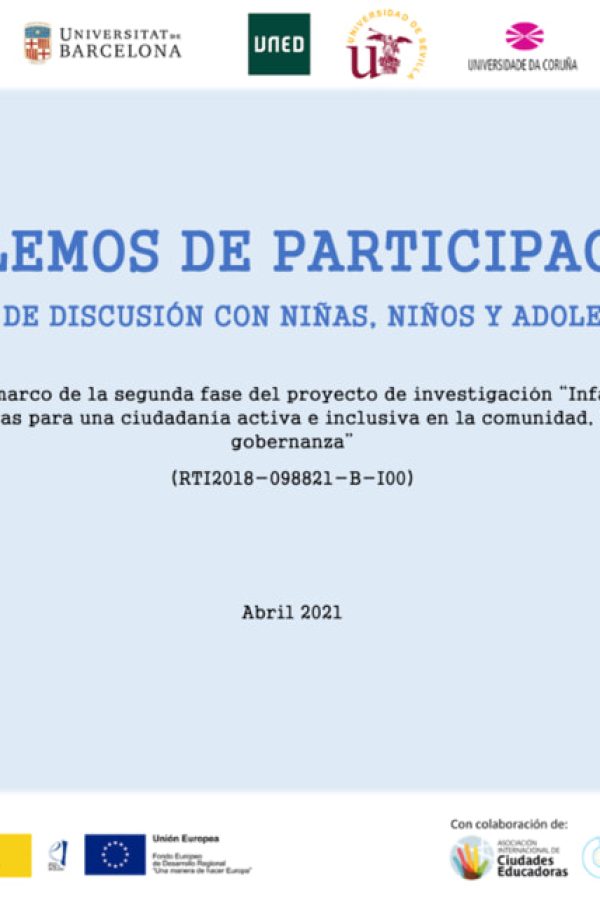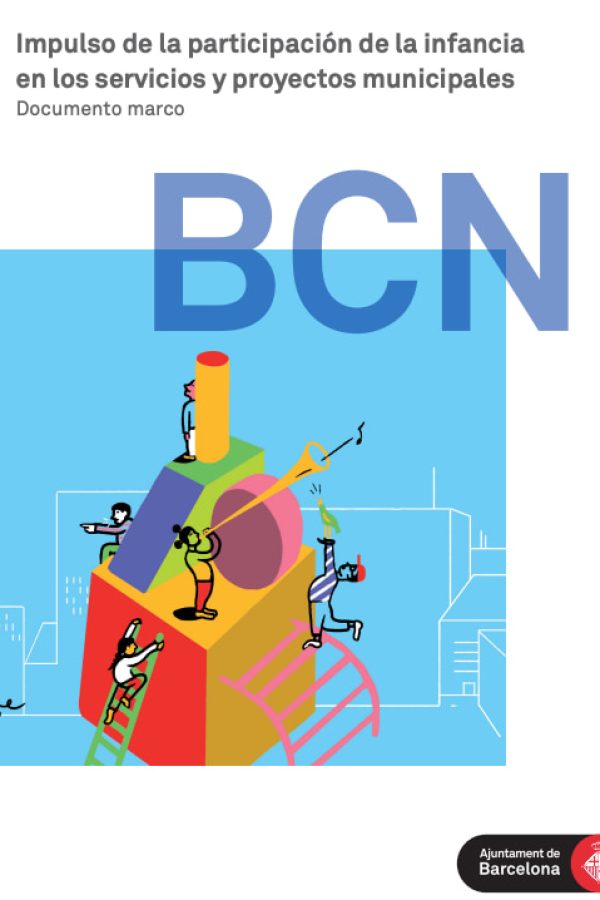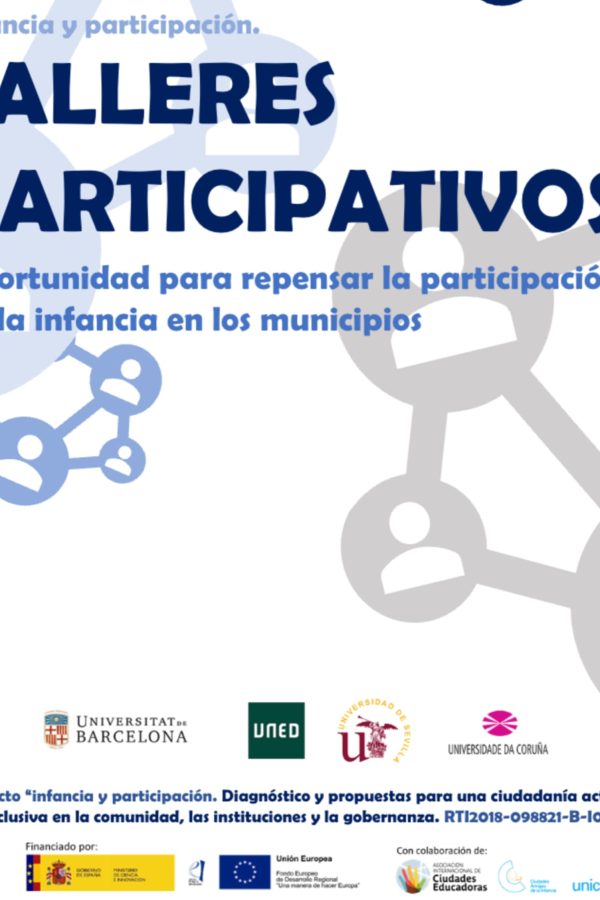ABOUT IMCITIZEN
IMCITIZEN
IMCITIZEN fosters children's democratic citizenship identity as active and engaged members of their municipalities. It also identifies strategies to favour increased rates of citizenship initiation, decision-making and engagement in child participation mechanisms.
IMCITIZEN seeks systemic changes so that child participation mechanisms significantly impact public policies and the education of children's civic and democratic identity.
It is committed to inclusive, meaningful, authentic, sustainable, binding, transformative, safe and creative democratic citizen participation for girls and boys.
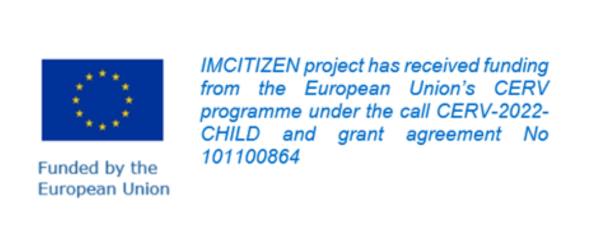
Aims
IMCITIZEN aims to raise awareness and create knowledge about children's rights. Child participation will bring children closer to local, regional, national and European decision-making processes.
1.
Raise awareness and educate children and adults about children's rights, particularly the right to be heard and their participation in decision-making, in line with the UN Committee on the Rights of the Child Comment No. 20 (2016).
2.
Encourage co-design processes of Children's Participation Platforms with girls and boys to shape and self-manage local participation mechanisms within schools.
3.
Support girls and boys to increase participation initiatives at the local level by developing a Municipal Strategic Plan for Children's Participation to strengthen existing mechanisms and create new ones.
4.
Build knowledge on (i) the training of adults to support and accompany children's participation in political and democratic life; (ii) child rights awareness-raising at school and local level led by children; (iii) the processes of setting up and running child-led Child Participation Platforms; (iv) the Municipal Strategic Plan for Child Participation to strengthen participation mechanisms at the local and national levels.
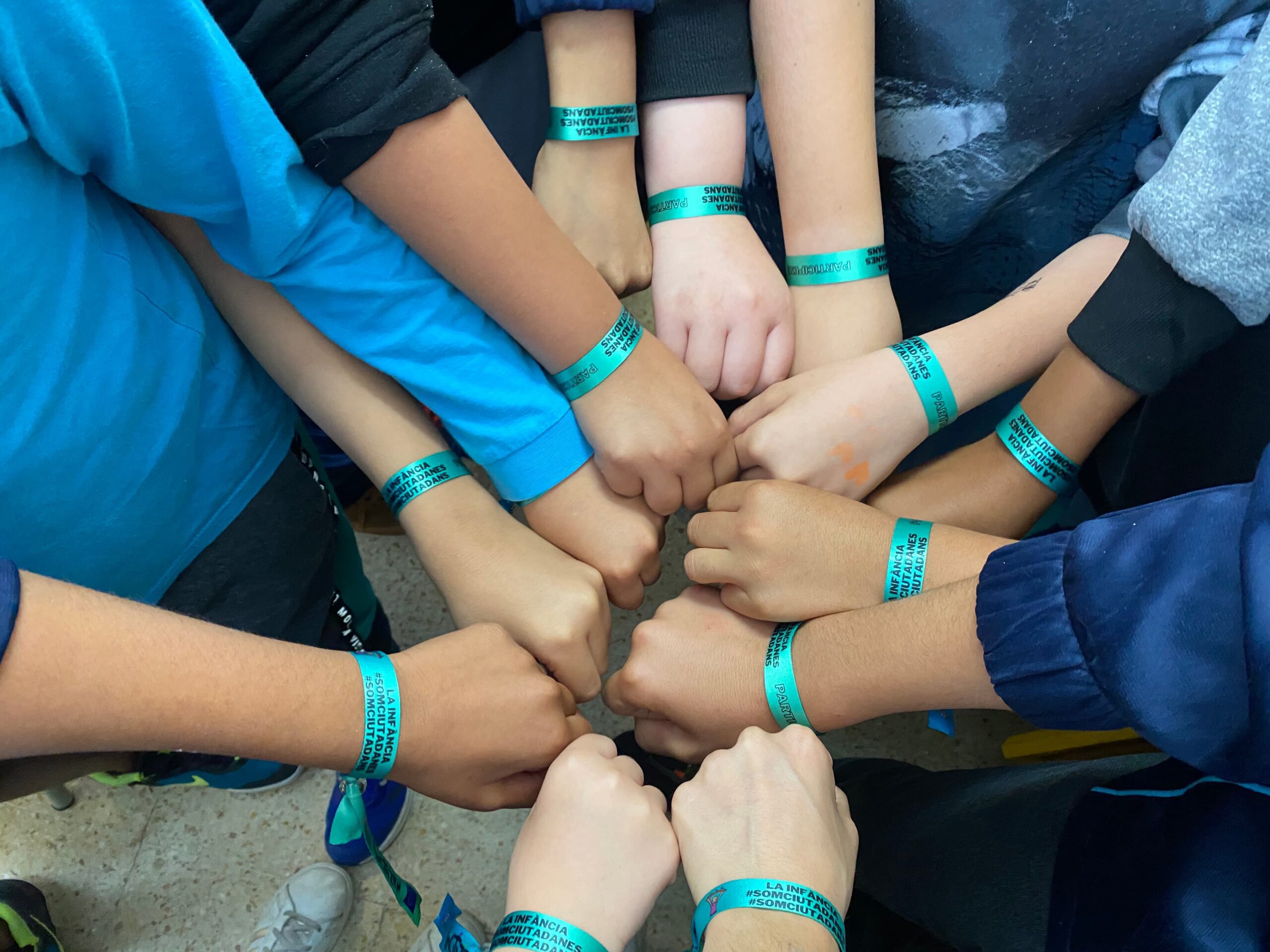
How do we implement it?
- Together with the educational community.
- Including children as key agents in the transformation process promoted by the project.
- In a collaborative, deliberative and reflexive way.
- Through participatory and applied action research.
- Through responsible research and innovation.
- Building communities of practice from citizen science.
Work Process
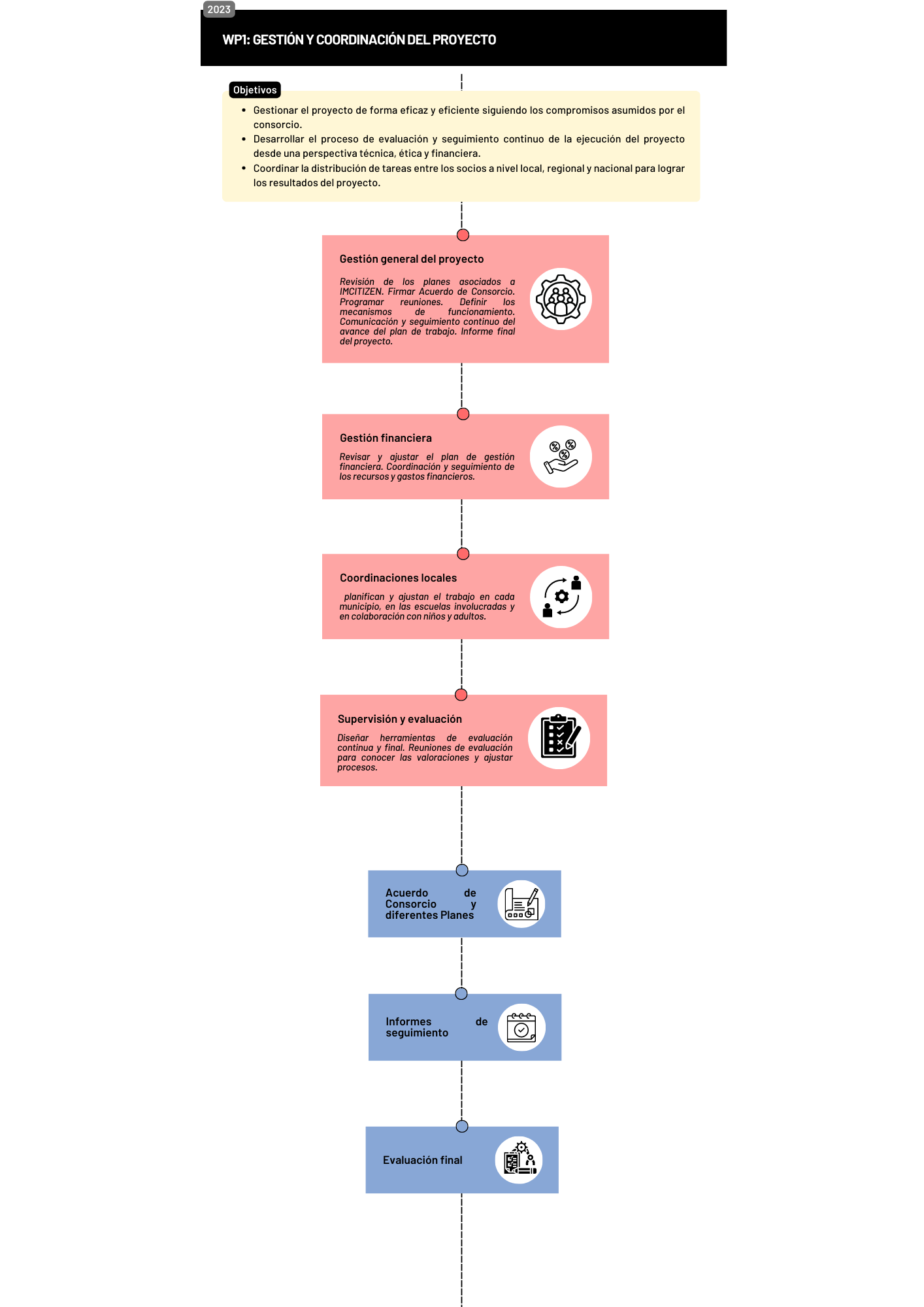
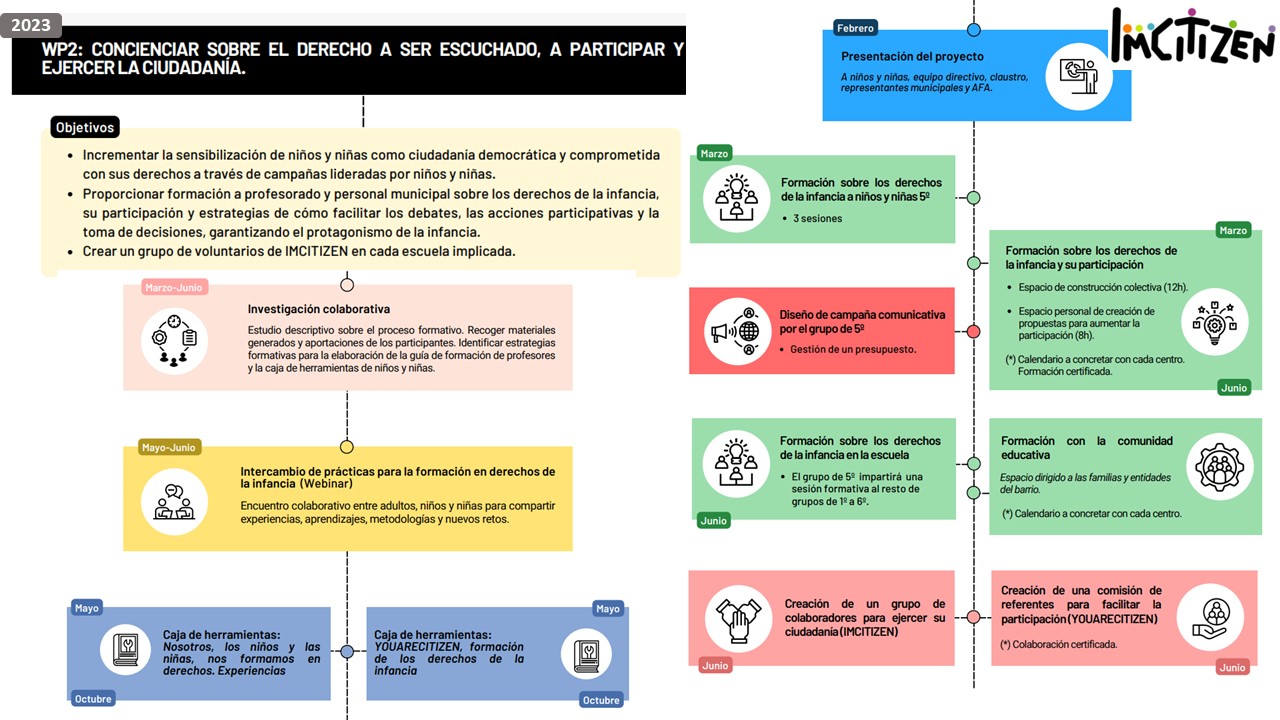
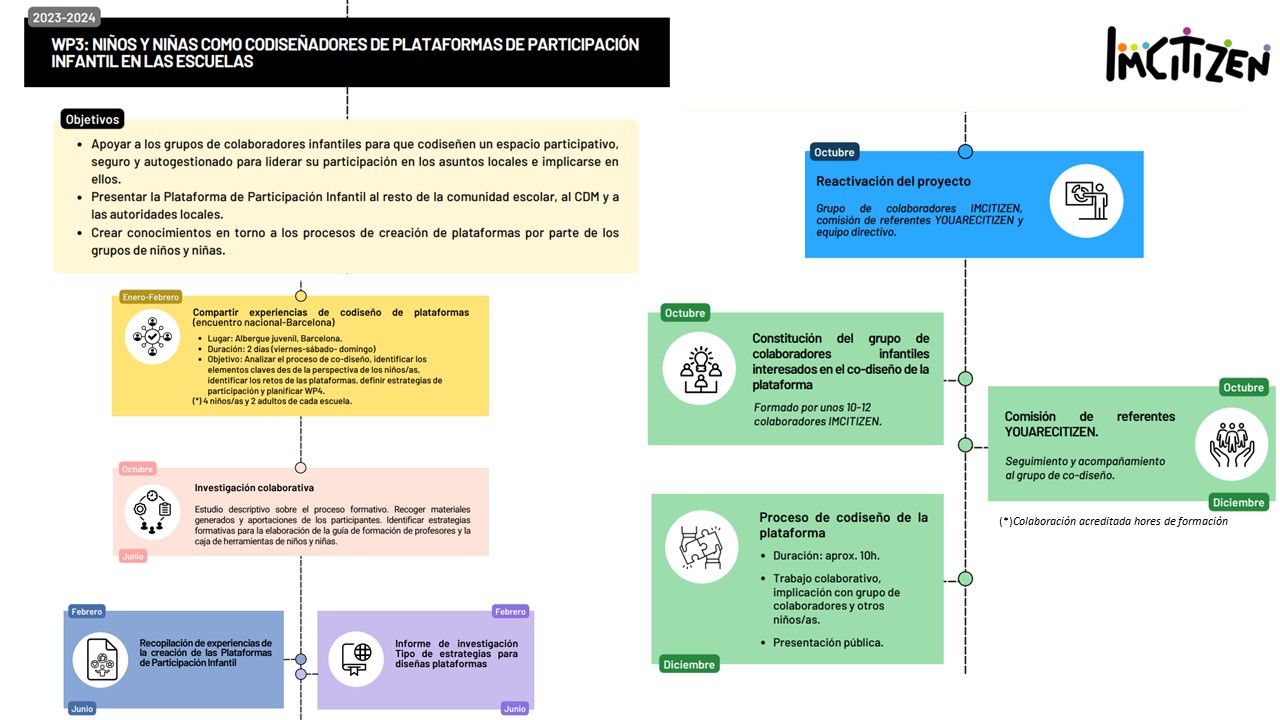
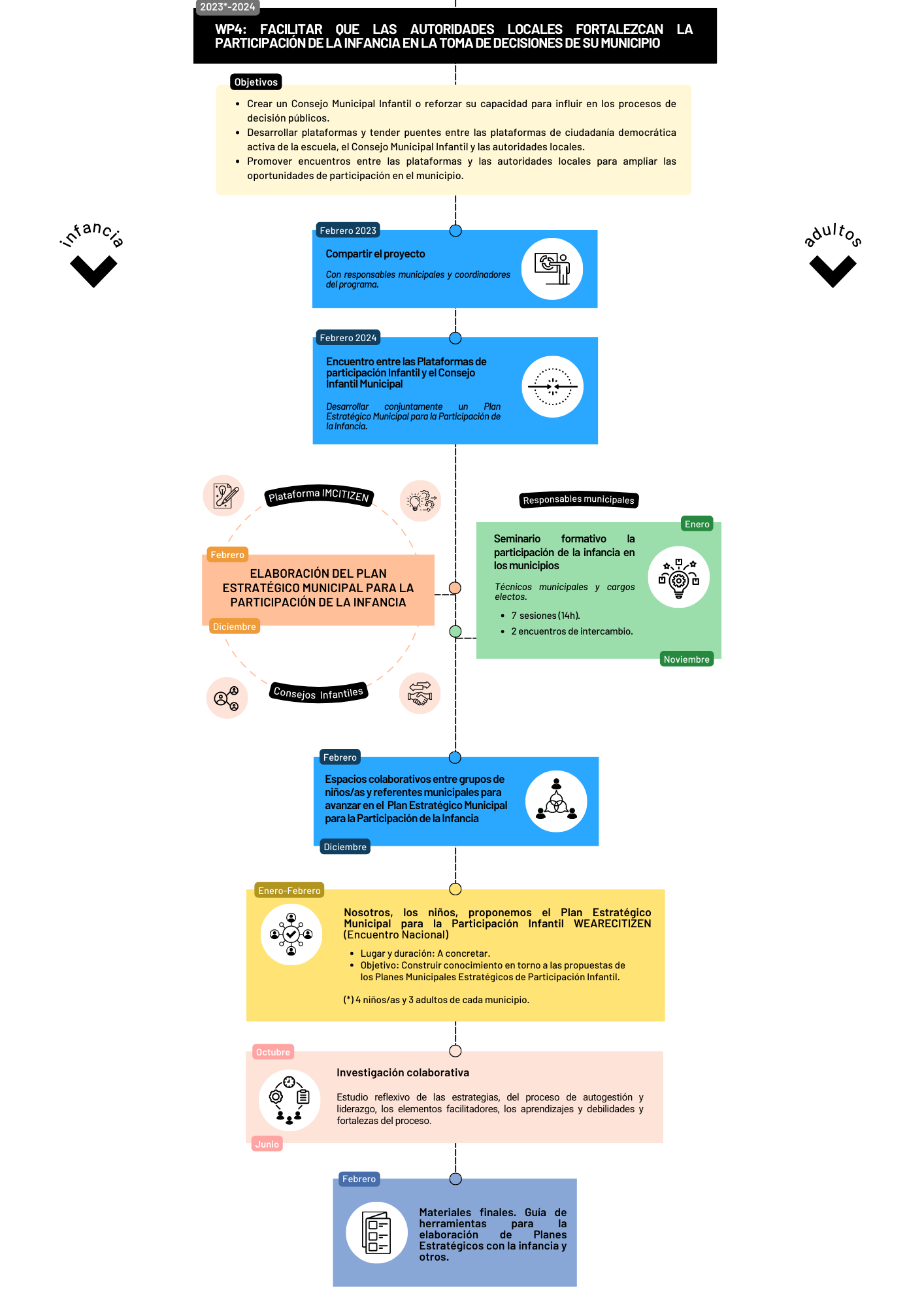
Background
The University of Barcelona team comprises individuals from the Research Group on Moral Education (GREM), the Research Group on Intercultural Education (GREDI), and the Social Pedagogy for Inclusion and Social Cohesion Group (GPS). Distinguished by their dedication to knowledge dissemination, societal enhancement, and transformation, these three research groups collaboratively employ their distinct approaches and perspectives. They share a collective interest and concern for education, participation, inclusive involvement of all socio-educational stakeholders, and the development of an inclusive citizenship, especially that of children and built together with them.
Members of the three groups have extensive experience collaborating in research-action projects focused on the participation of children from a participatory approach, among which stand out:
Design and validation
They have also led to publications of interest and impact on the subject, such as:

